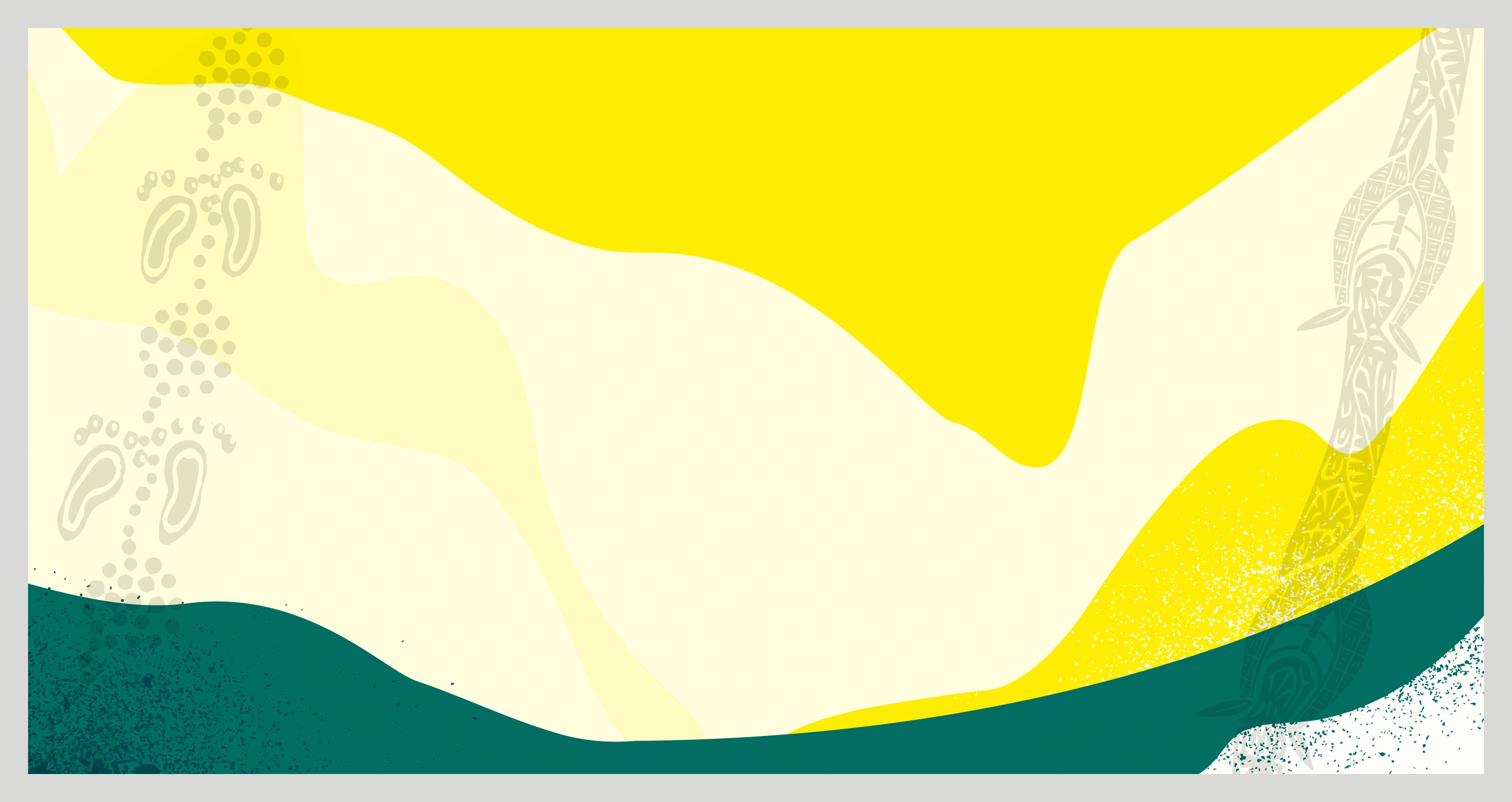Kamilaroi woman, Tarni Stepto, was just nine years-old the last time Softball was included at an Olympic Games. A lifetime in the making, the now 21-year-old hopes to make her Olympic debut at Tokyo 2020, alongside the heroes she watched compete at Beijing 2008.
Stepto first picked up a bat when she was six years-old, and it didn’t take long for her to fall in love with the diamond.
By 2017, she had made her debut for the junior national team, then the following year, for the Aussie Spirit, Australia’s National Softball Team.
Growing up, Stepto idolised fellow Kamilaroi woman, dual-Olympian and current record holder for the most games played for Australia (at over 430 and counting), Stacey Porter.
When Porter made her Olympic debut at Athens 2004, Stepto was just five years-old. Now, 17 years later, the two are close teammates.
“I admire everything about her,” Stepto said of her role model, Porter.
“She’s a great athlete, but she’s also a great human. Being around her and seeing her work ethic, drives you to work harder. Also, the way she gives back to the community, she’s the true definition of an amazing athlete and person.”
Alongside Aussie Spirit teammate and fellow Tokyo 2020 hopeful, Janice Blackman, a Gubbi Gubbi and Butchulla woman, Porter and Stepto proudly presented Softball Australia's inaugural Indigenous training shirts to their squad during NAIDOC Week 2020.
It was especially meaningful to Stepto, who struggled with her identity due to being bullied for the colour of her skin.
“Being able to present those shirts to my teammates and share our culture was extremely special,” she said.
“I felt so humbled but also very vulnerable because when I was at school and even in competition, people would say to me, ‘You’re not Aboriginal, your skin is white, but your dad is black,’ so I did face a lot of adversity when I was younger,” she shared.
“I had to learn that there are people like that in the world - racism happens on a daily basis, but I will always embrace my culture, embrace my family and just own being a proud Aboriginal woman. At the end of the day, if you know who you are that’s all that matters.”
Stepto says she now harnesses any past adversity, using it to become a role model for other Aboriginal children.
“It’s hard for Indigenous kids to see a pathway if they don’t have anyone like them to look up to,” she said.
“So, in being proud of who I am, I’m able to show other Indigenous kids that they can be too, and they can achieve anything they put their mind to.”
Making her national debut just three years ago, Stepto hasn’t had to weather the 13-year-wait between Games that some of her teammates have, but the significance of representing her country on the greatest sporting stage of all, isn’t lost on her.
“Competing at the Olympics would mean everything to me, it makes me emotional just speaking about it,” Stepto said.
“I feel like it's every child athlete’s dream to represent your family, your friends and your country at the Olympics and I can’t wait to be there with my team.”
Liana Buratti

